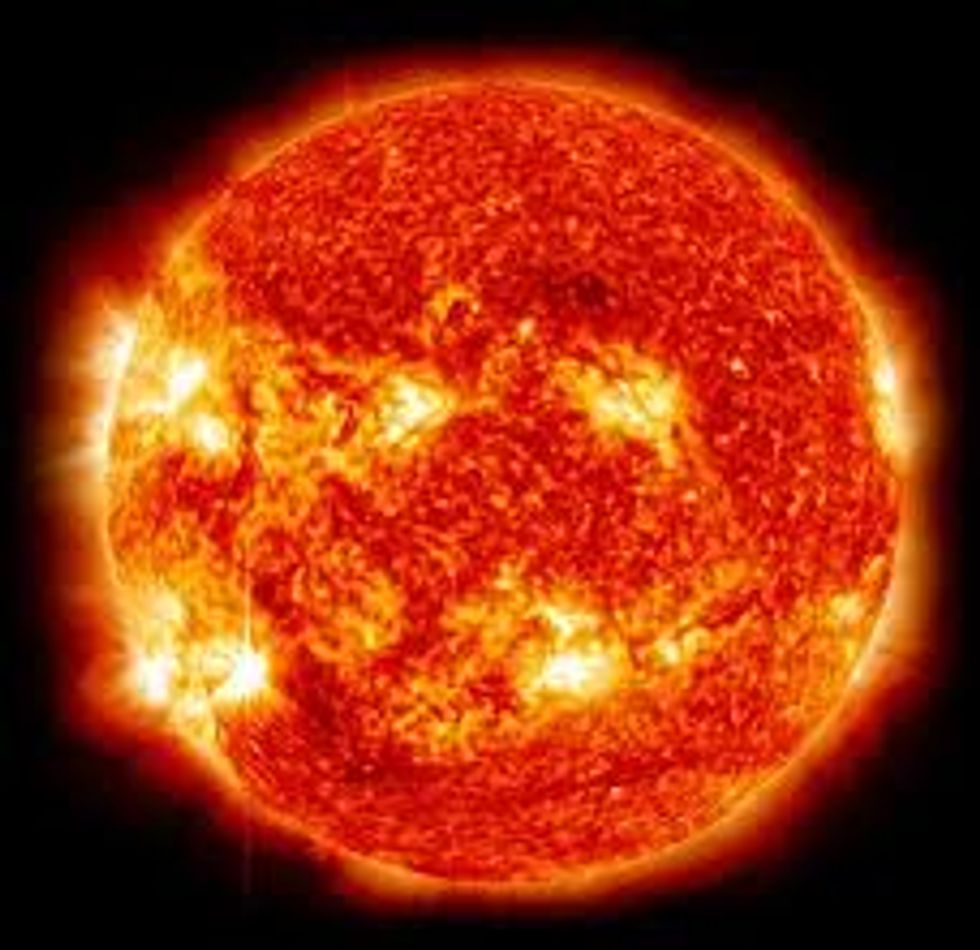Motivational speech? Unfortunately, no. It's three interesting physics facts!
Day to day, we see things in our world and assume we know all about them. But, do we? For instance, what color is a mirror? Do ice cubes shrink? Not excited yet? Read on.
1. Do ice cubes shrink?
When water sits out in an uncovered container, the level drops over time due to evaporation. Even though water boils at 100 degrees Celsius, different individual molecules have different temperatures; the overall temperature is really an average of all these different temperatures. Because of this, some molecules' temperatures reach the boiling point, and escape. The same thing also happens to ice. When ice sits in the freezer, individual molecules in the ice can reach the boiling point while the overall ice is still frozen. They escape as evaporation. If you look at the ice in your freezer over time, they get smaller and smaller as they evaporate.
2. Are you really more powerful than the Sun?
Impossible, right? Overall, yes. The Sun puts out 3.846 x 10^26 Joules per second. A human body puts out about 60 joules per second. However, when you compare power per kilogram output, you find that the Sun produces about .00019 watts per kilogram, while the average human puts out about 1 watt per kilogram. Guys this could be a good pick up line. The pieces are all there.
3. What color is a mirror?
You might be thinking, "They're not colored; they're obviously clear, stupid," and you would be correct -- if we were talking about a perfect mirror with no defects. However, nothing in this world is perfect, and so we are forced to consider the mirror's defects. Glass absorbs a small percentage of the light that hits it, and reflects the rest. Experimentally, it was discovered that green light was reflected slightly more than the other colors. Therefore, every mirror you see is slightly green. If you put two mirrors facing each other, so that light bounces between them, you will see a green tinge as more and more of the other colors are absorbed each time the light hits a mirror. This fact was courtesy of Vsauce, a channel on YouTube. Check them out!
Go, physics!



















